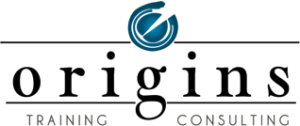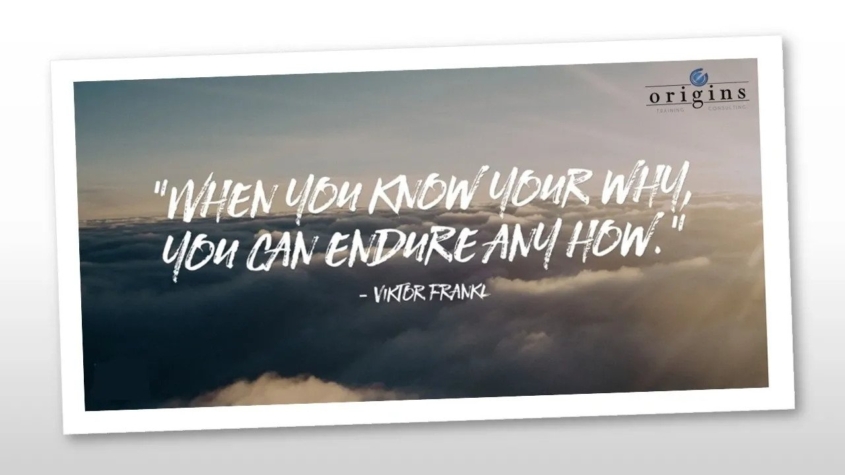/
As one year comes to an end, the tradition of creating resolutions for ourselves in the next begins. How do you decide on what goal to work towards? This year, my 2019 resolution is going to come from looking back on 2018. I used the passion planner this year, a combined journal and organizer, so the highs and lows were easy to identify. The highlights include completing my coursework at school, setting clear boundaries with my time, exercising, and cutting back on some not helpful habits like too much wine and too many late nights. These goals give me concrete actions but why do I want to do them? What is my purpose? How do those “whats” fit into my “why”?
John Mackey, the founder of Whole Foods, said in an interview with Oprah that the two most important days in a person’s life are 1) the day you are born and 2) the day you figure out why you were born. When I think about my resolutions for 2019, I reflect back on that second most important day in my own life–the day I first learned about the Adverse Childhood Experiences (ACE) study and started to see the world through a trauma-informed lens. How I understood resilience then is very different from how I understand it now. Like most people, I learned in high school biology that we are either born with a trait or not. I was taught that the genes we inherit decide whether each of us has the innate ability to pull up our bootstraps and overcome struggles or not. I never fully bought into this bleak idea. The ACE study gave me the framework to understand that genes are not our whole story. My 16-year-old know-it-all-self, who sat on her sister’s couch and advised her then caregivers, “there is nothing you can tell me that I didn’t already know” (true story) gave a sigh of relief in this moment. Understanding that the nature we are born with adapts to how we are nurtured in our environment blew my mind and gave me hope.
It is with this hope that I have found my purpose, the why that underlies not only my professional work but also my personal life. I was a kid who was lost and scared and angry and probably curious as well. I didn’t feel smart or like I was worthwhile of anyone’s time. I felt pretty broken! Sue Monk Kid speaks about the roles we play in life. Sometimes we are sometimes seekers–of knowledge, experience, or purpose. At other times we are finders–who know of or who have experienced something already. She reminds us that we can be both (and should be!) We can be experts in our lives and we can still be curious about what else is out there. In being both of those roles, the journey through life encourages me to put into practice what I’ve found so far and to continue to seek out what’s next.
Most importantly, I know my purpose–my “why”. Going back to the second most important day in my life, I realize that I found validation that I am not broken, I am human! The struggle of un-learning that belief continues to be a daily practice as I learn how to approach myself, others, and the world in a more compassionate way. To me, being trauma-informed is a way to heal all of the felt broken-ness. It means understanding that we are all-ALL- doing the best we can at any given moment. My best on one day might look different to the next. It means leading interactions with myself and others with curiosity, grace, and compassion. It means practicing what I preach and being brave enough to pause and breathe (in no particular order) when I am triggered. It means forgiveness, not just for others, but also for myself.
On a practical level, understanding health using this framework means treating the whole person and understanding the dynamic process that is nature and nurture. Taking care of mind, body, and soul. With all of that in mind, my resolution in 2019 is to walk the talk, to be transparent and share my process in hopes that this approach will inspire the same hope in others as it has in me.
Lori and I founded Origins with the shared purpose of wanting to shout the information about ACEs from the rooftops for people in all sectors.
In our introductory course, The Basics course (available in-person and online), we provide and overview of the foundational concepts behind a trauma-informed and resilience-building approach: The ACE Framework, Social & Historical Trauma, The Body & Brain, and Resilience.
In our Resilience Champion Certificate course, we provide a forum to help translate those concepts into practical application. The Resilience Champion is 6-week online course that builds off the foundational concepts outlined inThe Basics. We have updated our course based on feedback from three cohorts of participants in 2018 and are excited to announce our next cohort starting April 22, 2019.
Week 1 of the The Resilience Champion starts with an exploration of the “why” behind the work you do. From that foundation, we walk participants through a process to assess their setting, articulate goals, and develop an implementation plan based on that assessment. Throughout the course, there is an emphasis on supporting you in building effective teams and developing a culture that promotes and sustains resilience over time. We start with the “why” because, like our New Year’s resolutions, once we understand our purpose, the “what” makes a lot more sense.
As we all reflect on the past year, and look toward the next, let’s remember that we are all in this together. Together, we can make 2019 the most resilient year yet!







 Getting Started: A Guide from Trauma to Resilience
Getting Started: A Guide from Trauma to Resilience
Leave a Reply
Want to join the discussion?Feel free to contribute!